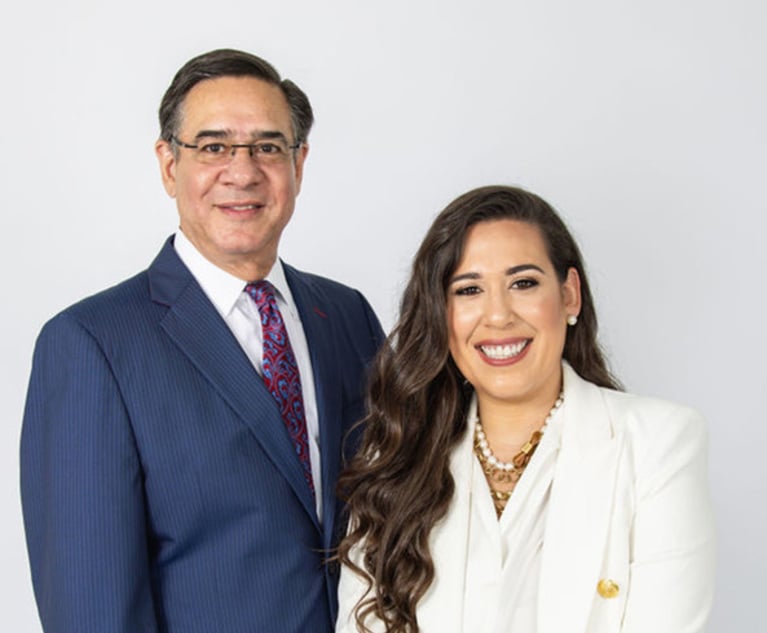Soon, individual and corporate taxpayers in Florida and elsewhere in the United States may have the choice of investing their 2018-2025 capital gains in “Qualified Opportunity Funds” rather than paying income taxes currently on such gains. Qualified Opportunity Funds are funds that will focus on investing in designated economically disadvantaged census tracts, called “opportunity zones,” located in Florida and other U.S. states and territories.
Gains from 2018 invested in Qualified Opportunity Funds within 180 days of the sale will not be subject to federal capital gains taxes for 2018. Rather, 2018 capital gains invested in Qualified Opportunity Funds in 2018 will generally have to be included in income only in 2026, and apparently only at most in a 15-percent reduced amount. For capital gains recognized and invested in Qualified Opportunity Funds between 2019 and 2025, the deferral benefit and tax reduction on the original gain, still recognized in 2026, is reduced somewhat or eliminated. Although the gains rolled over between 2018 through 2025 are predominantly or entirely included in 2026, any post-investment appreciation in a Qualified Opportunity Fund investment after 10 years, when such investment is sold or liquidated, will be exempt from federal income tax. A goal of the opportunity zone program is to attract gains, including, but not limited to, the trillions of dollars in as yet unrecognized 2018 appreciation in stock of publicly traded corporations, for use in opportunity zones.


 Alan Lederman, shareholder with Gunster in Fort Lauderdale..
Alan Lederman, shareholder with Gunster in Fort Lauderdale..




